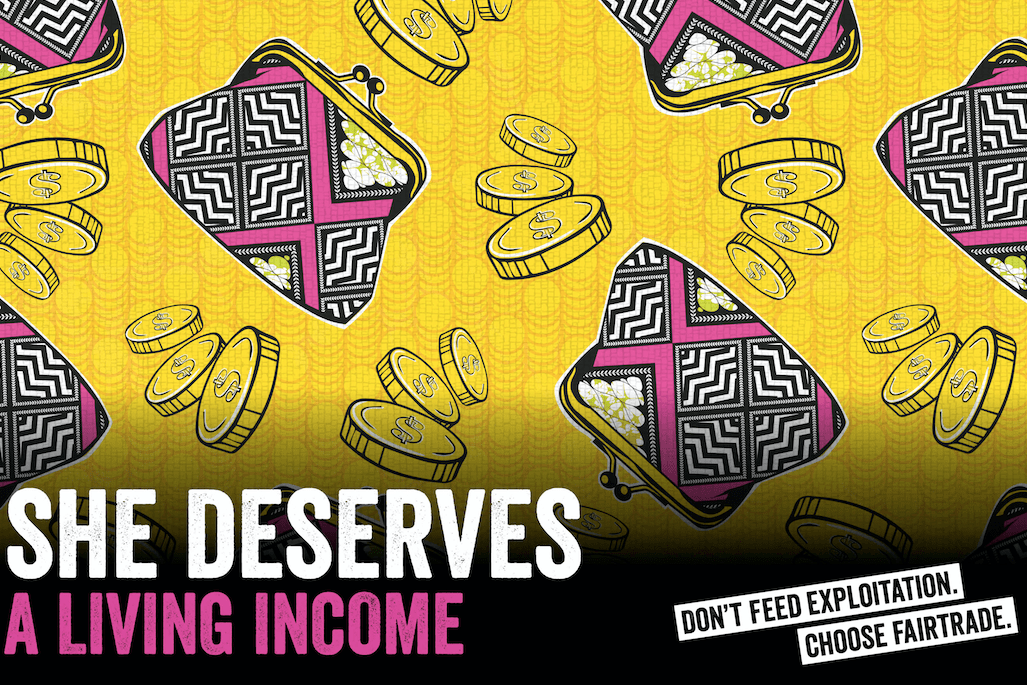
What does Fairtrade *actually* Mean?
Fairtrade Fortnight, held from 24th February – 8th March, was a great opportunity for consumers, businesses and advocates to get together to campaign on some key issues on the Fairtrade agenda, such as workers’ rights, pricing and the environment. There were a variety of events here in Oxford, including the ‘She Deserves’ panel discussion at Lady Margaret hall and other gatherings around the city.
Fairtrade Fortnight might have come to an end, but the importance of this certification is something we need to be aware of year-round!
£1.3bn is spent on Fairtrade-marked goods in the UK every year, which happens to be the world’s biggest Fairtrade market. More than 4,500 products on our shelves carry the Fairtrade certification. But exploitation is still rife in supply chains, and consumers ultimately hold the power to pave the way to a brighter future.
What does Fairtrade mean?
Fairtrade was set up to provide “better prices, decent working conditions, local sustainability, and fair terms of trade for farmers and workers in the developing world”.This is a lofty goal, but one that has proven to be invaluable to producers and communities around the globe.
The way it works is simple: Fairtrade sets a number of standards for producers and companies alike and imposes checks to make sure these are being met. For workers and farmers these include the protection of workers’ rights and the upholding of certain environmental standards. Meanwhile, companies that hold the Fairtrade logo pay a fee that gets invested back into community projects.
Fairtrade also works to empower the workers at the bottom of supply chains, a group who are traditionally exploited due to their comparatively weak economic power. Certified companies pay sustainable prices (never below the market rate), and when necessary, commit to orders over a period of time. These measures improve financial stability for producers and in turn lead to grassroots empowerment.

What can be Fairtrade?
It’s not just coffee and chocolate! Flowers, tea, wine, gold, bananas and – of course – cotton are some of the items that can also bear the Fairtrade mark.
Is it really fair?
Fairtrade provides legitimacy and protects against fluctuating prices, which benefits the most vulnerable people in the supply chain. But whilst it certainly works for some, there are controversies surrounding its method and impact. But there are always two sides to a coin, and we think that these criticisms really shouldn’t detract from the amazing impact Fairtrade has had to date.
At Y.O.U we’re proud to hold the Fairtrade logo and to know that we’re one of an ever-growing number of brands committed to leading the way forwards towards empowerment, rather than exploitation.
...don’t feed exploitation – choose Fairtrade!
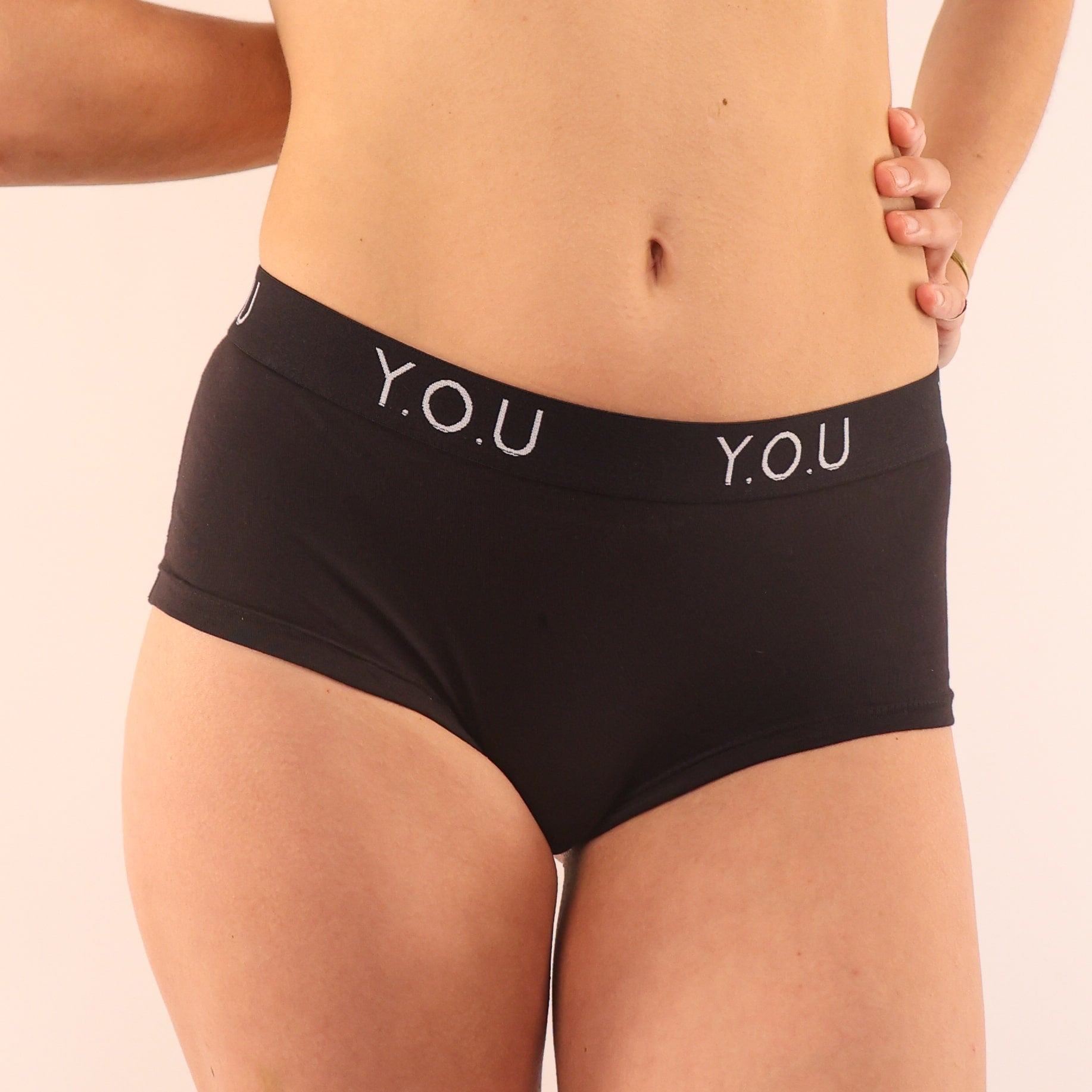
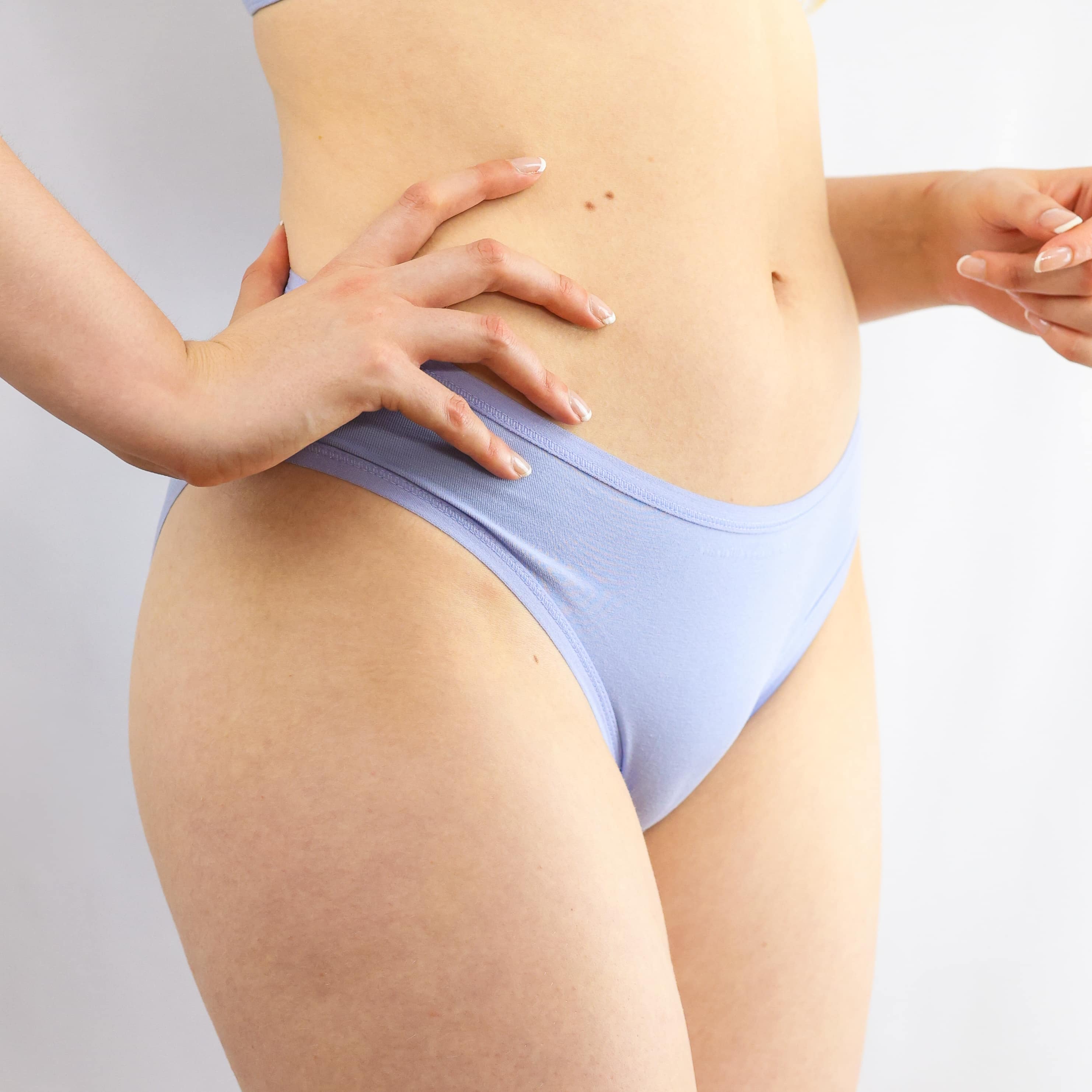
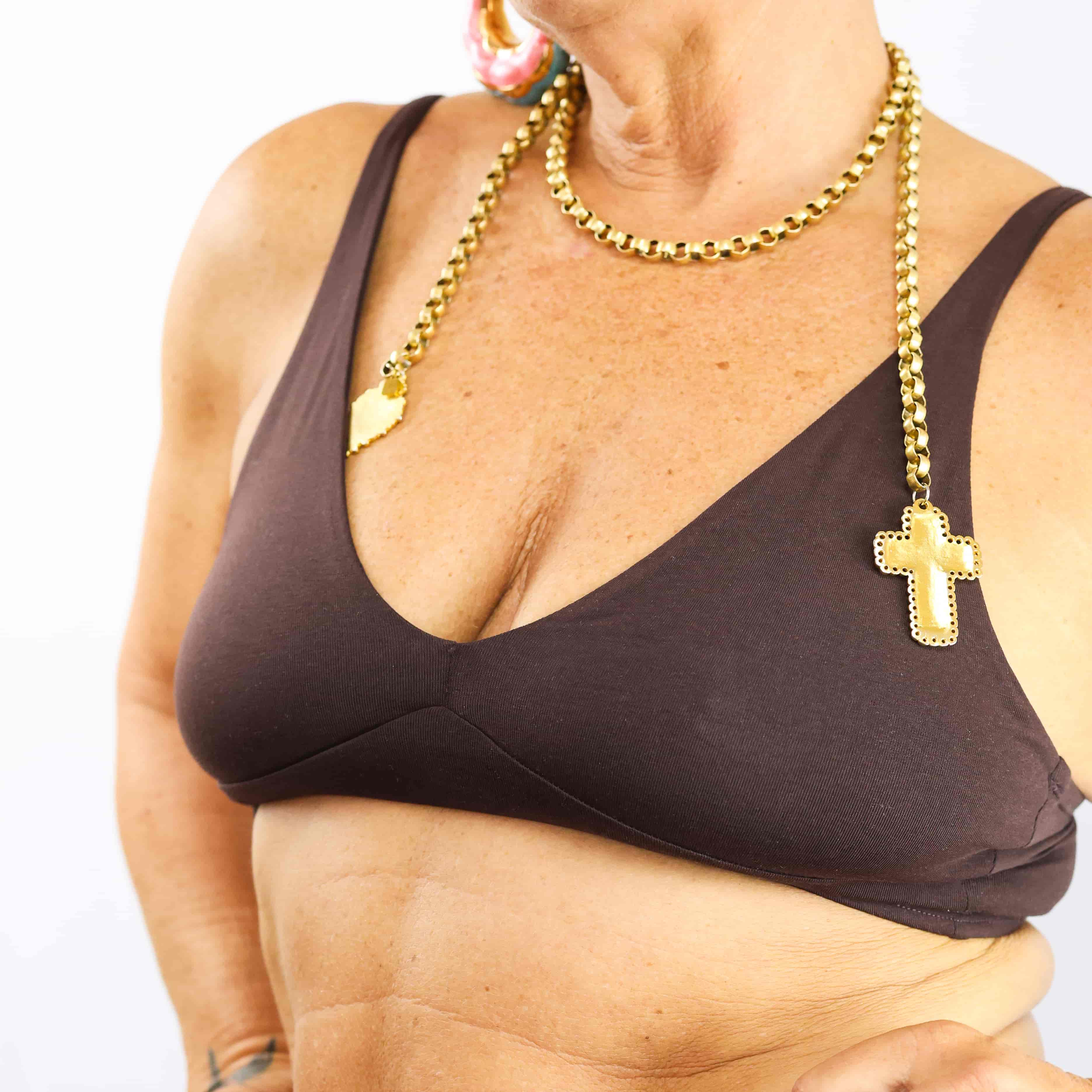
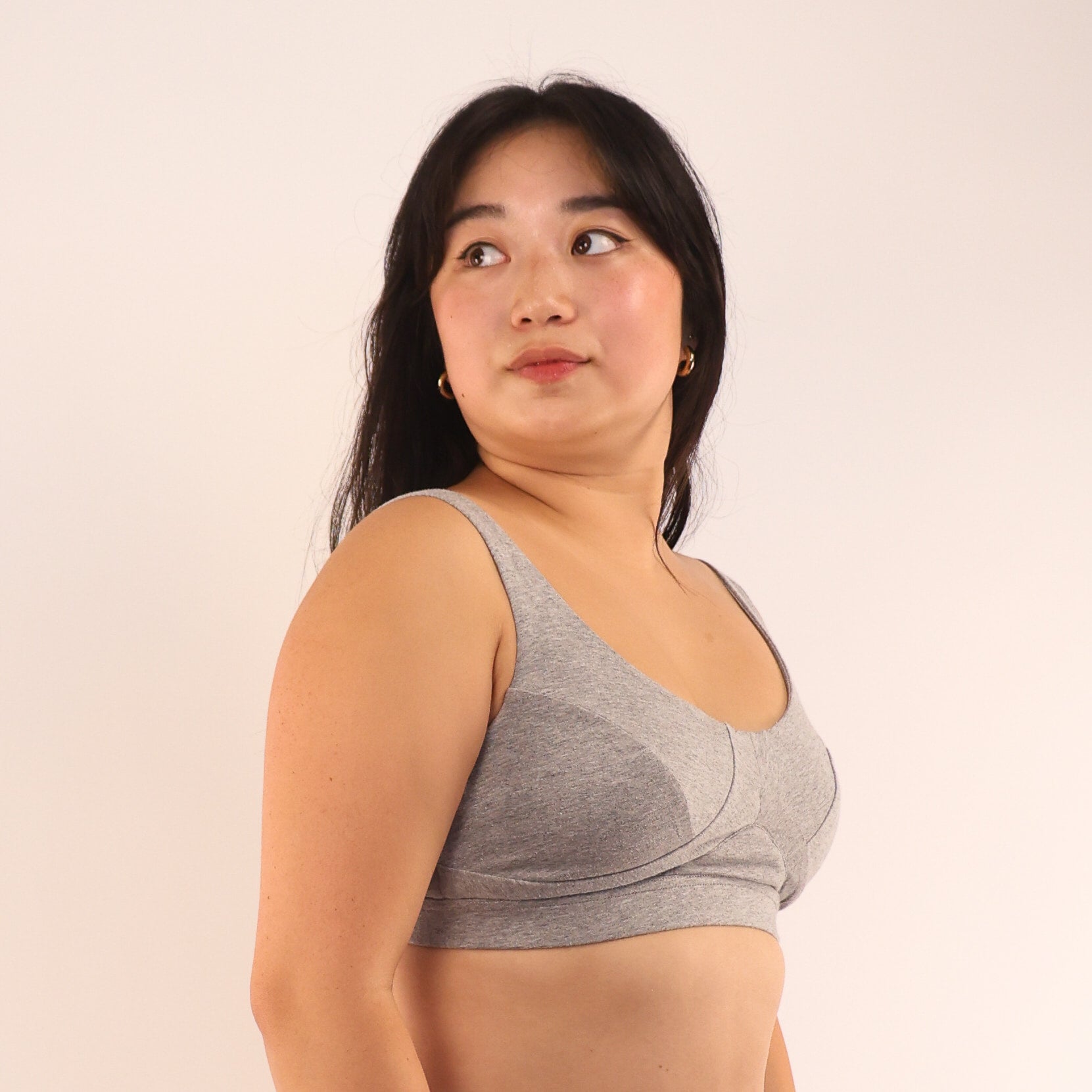
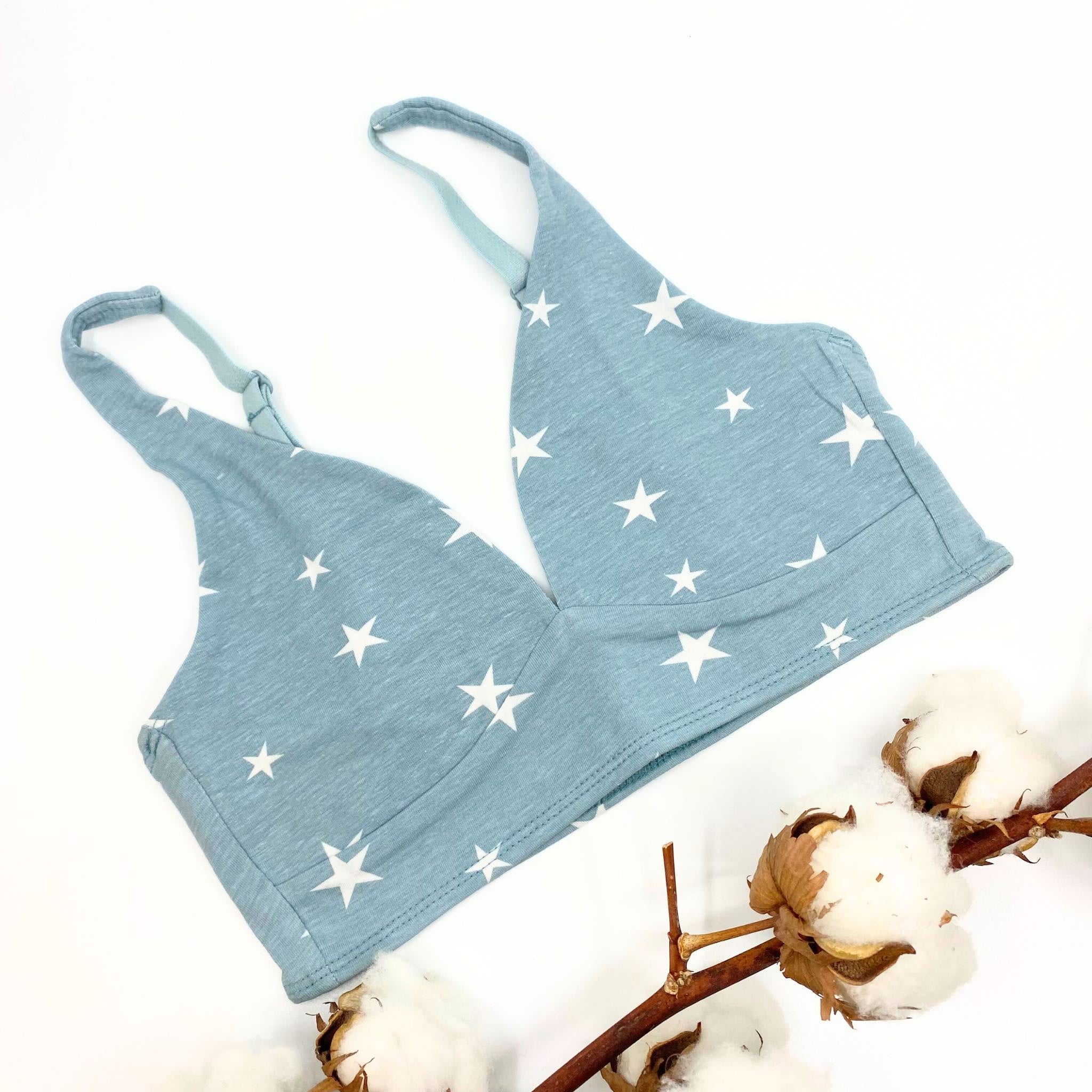
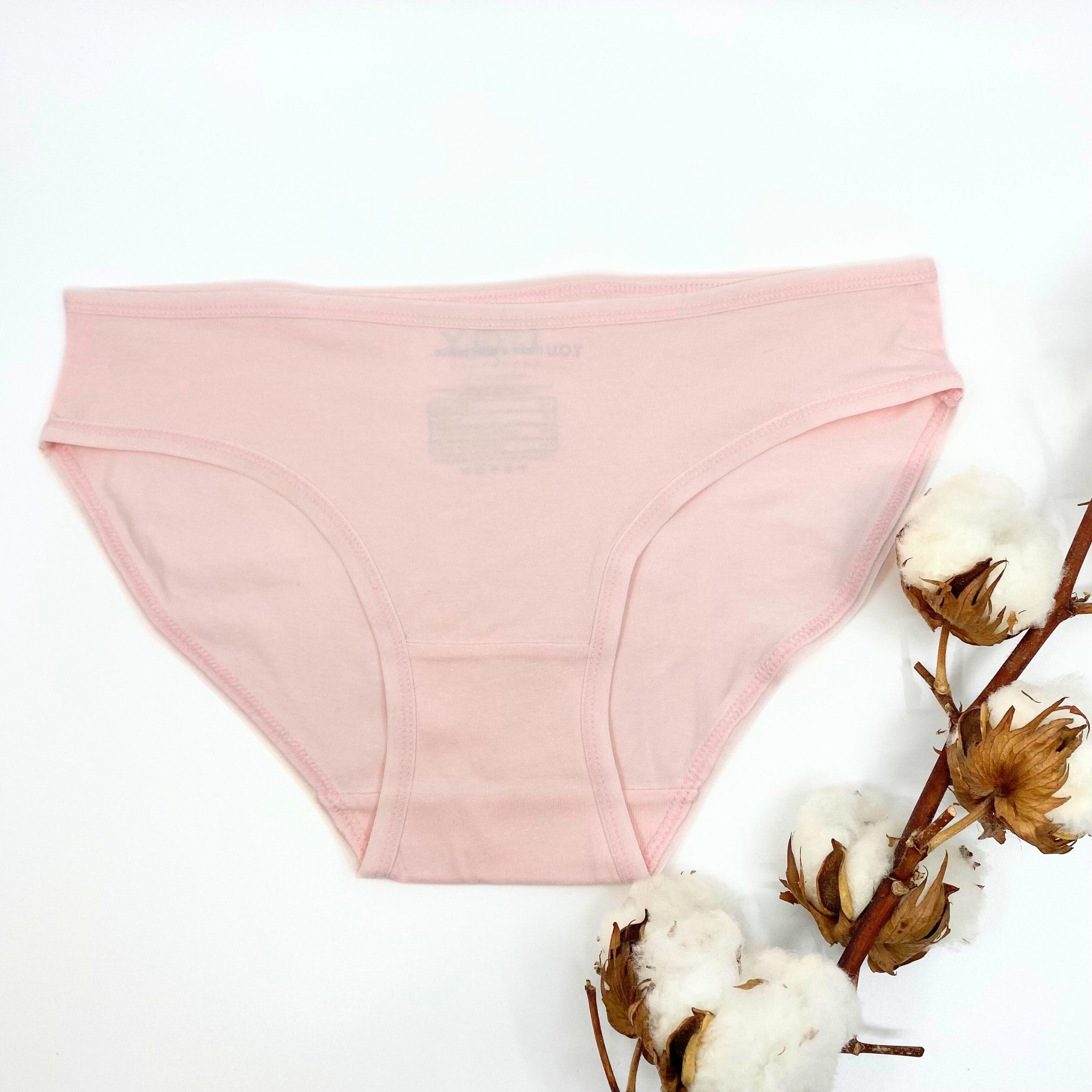
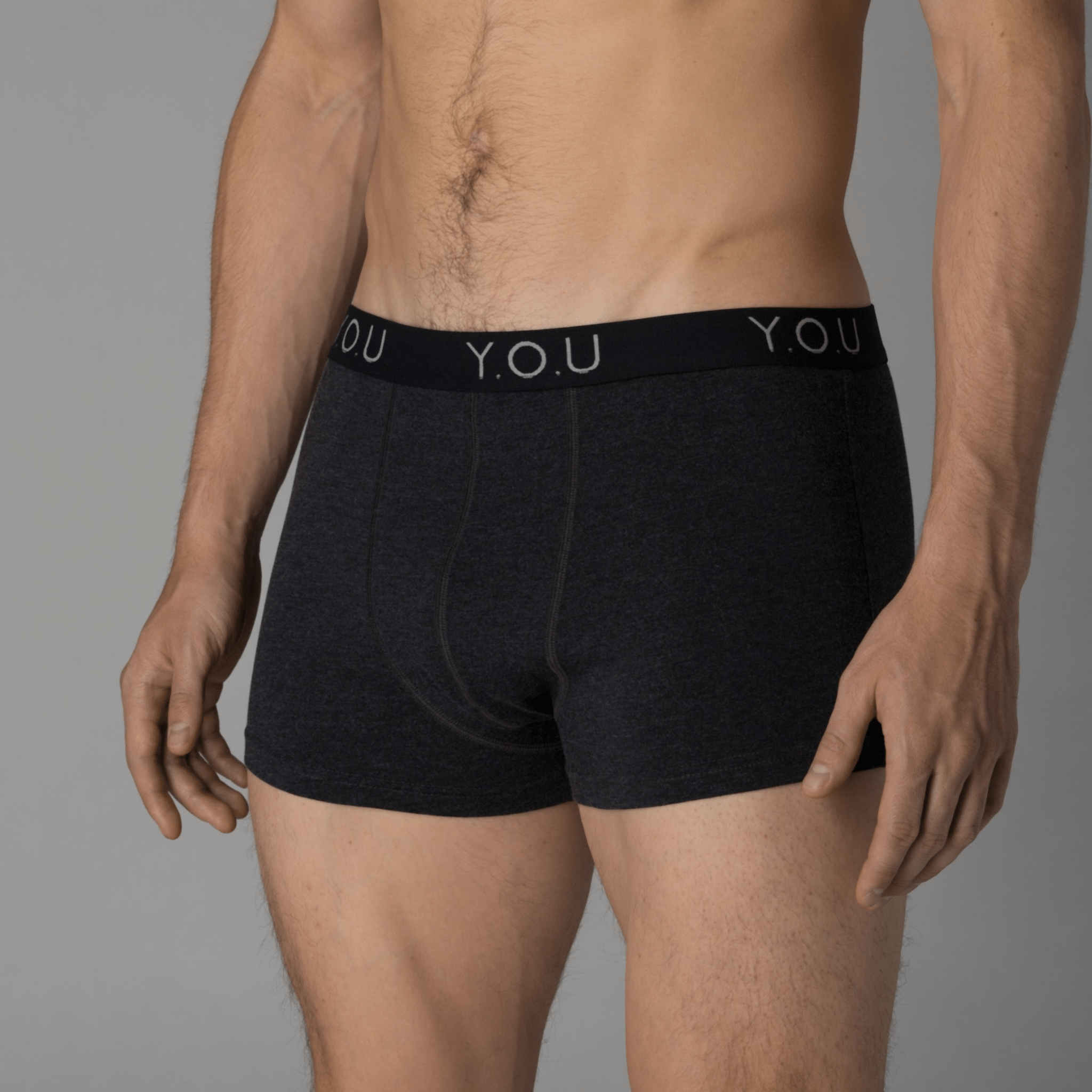
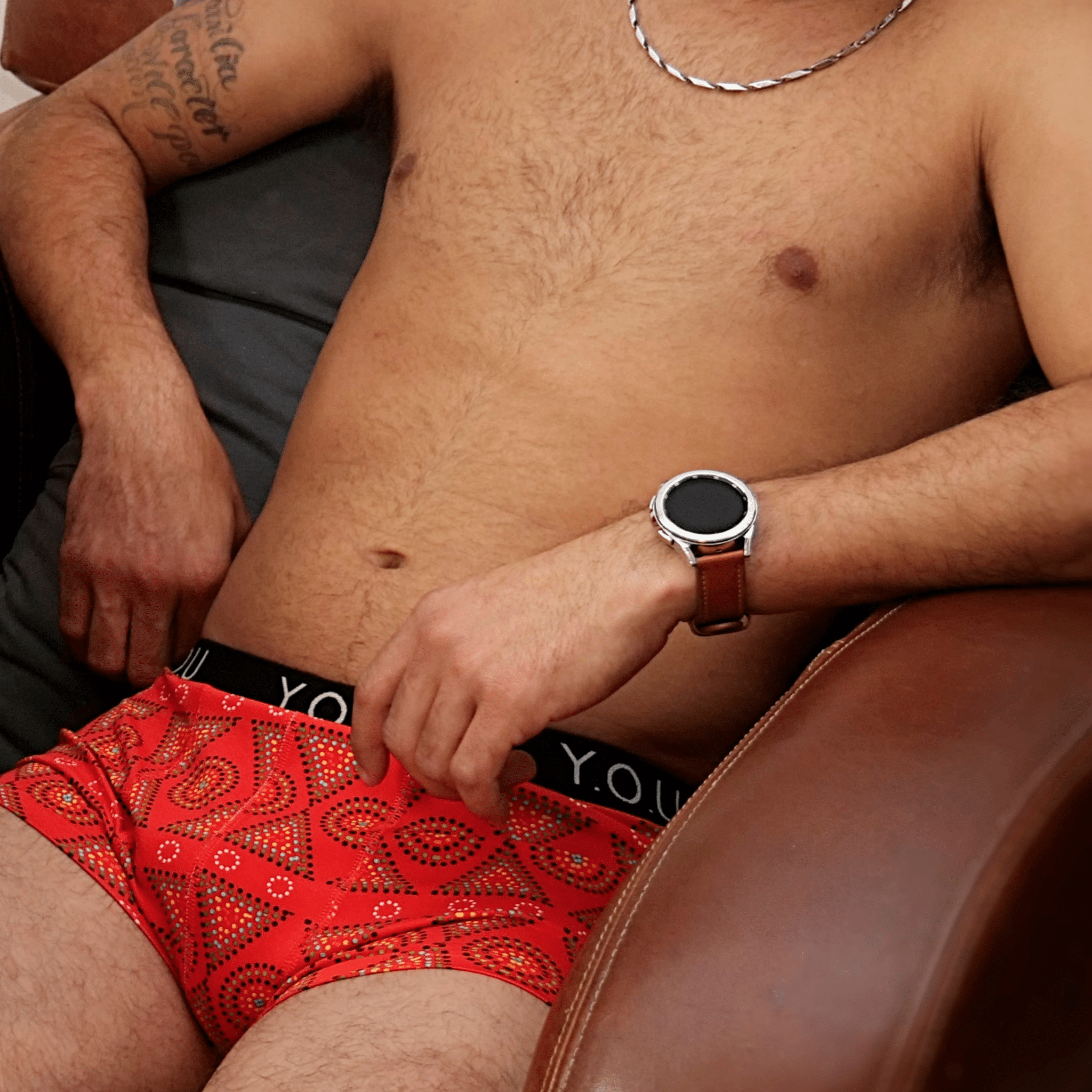
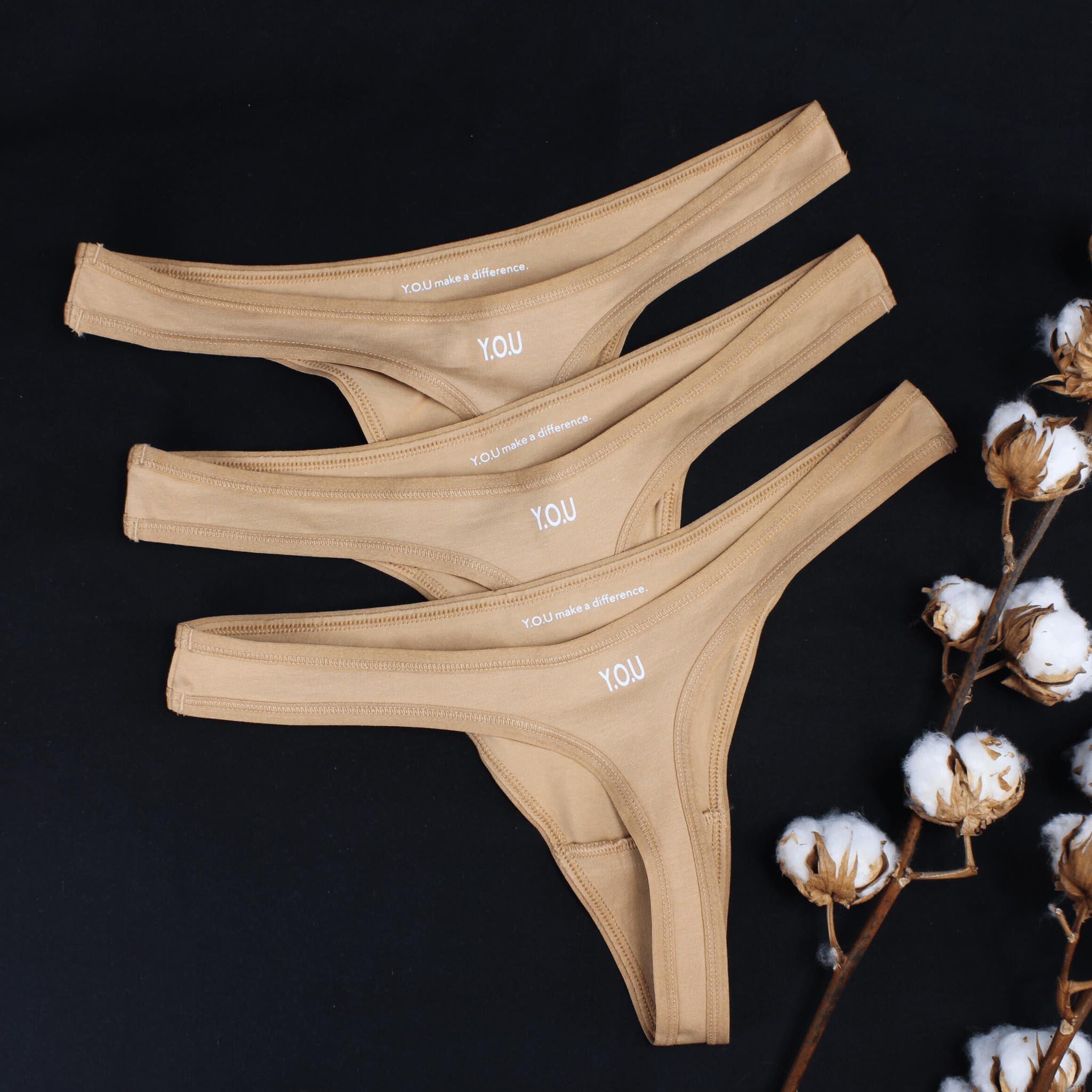
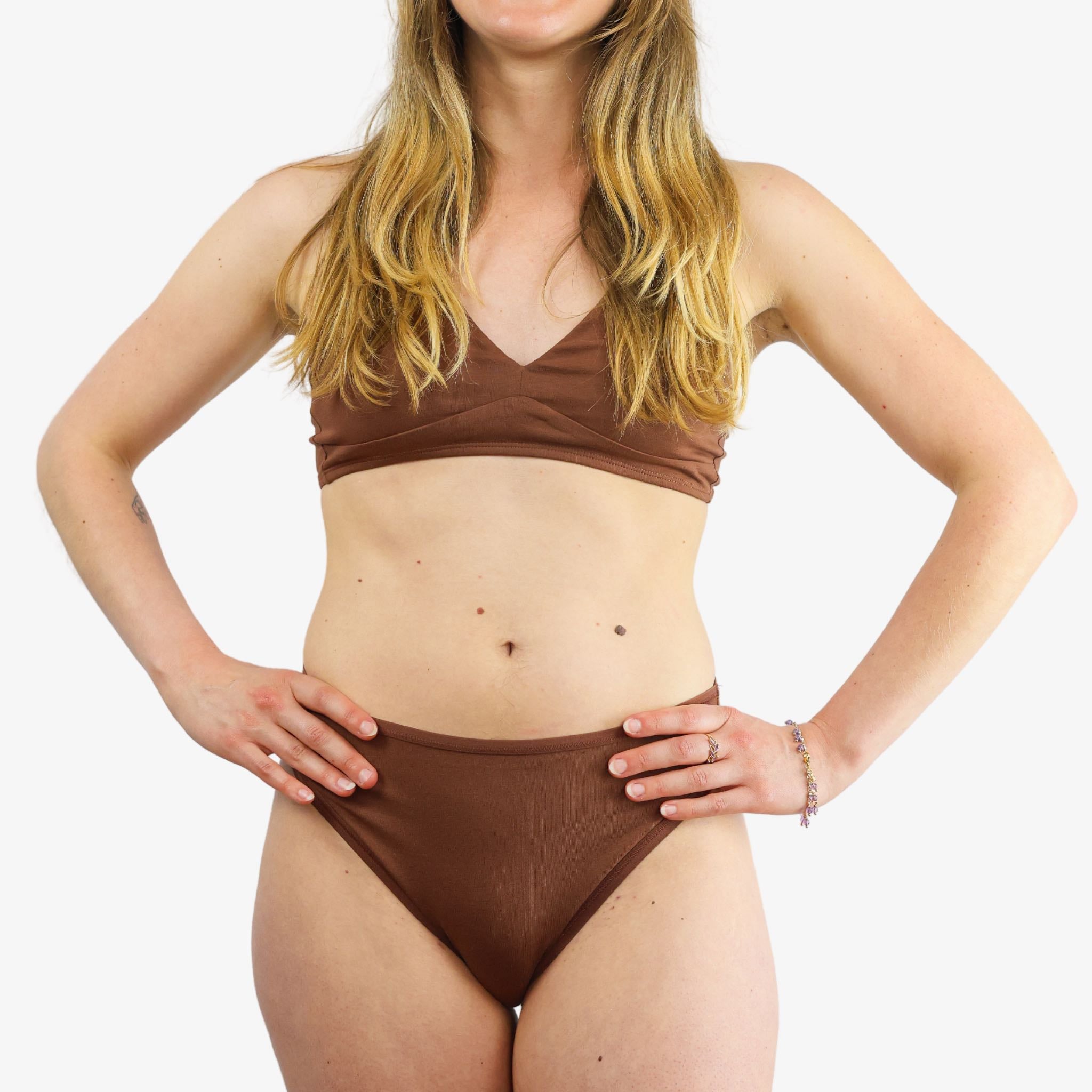
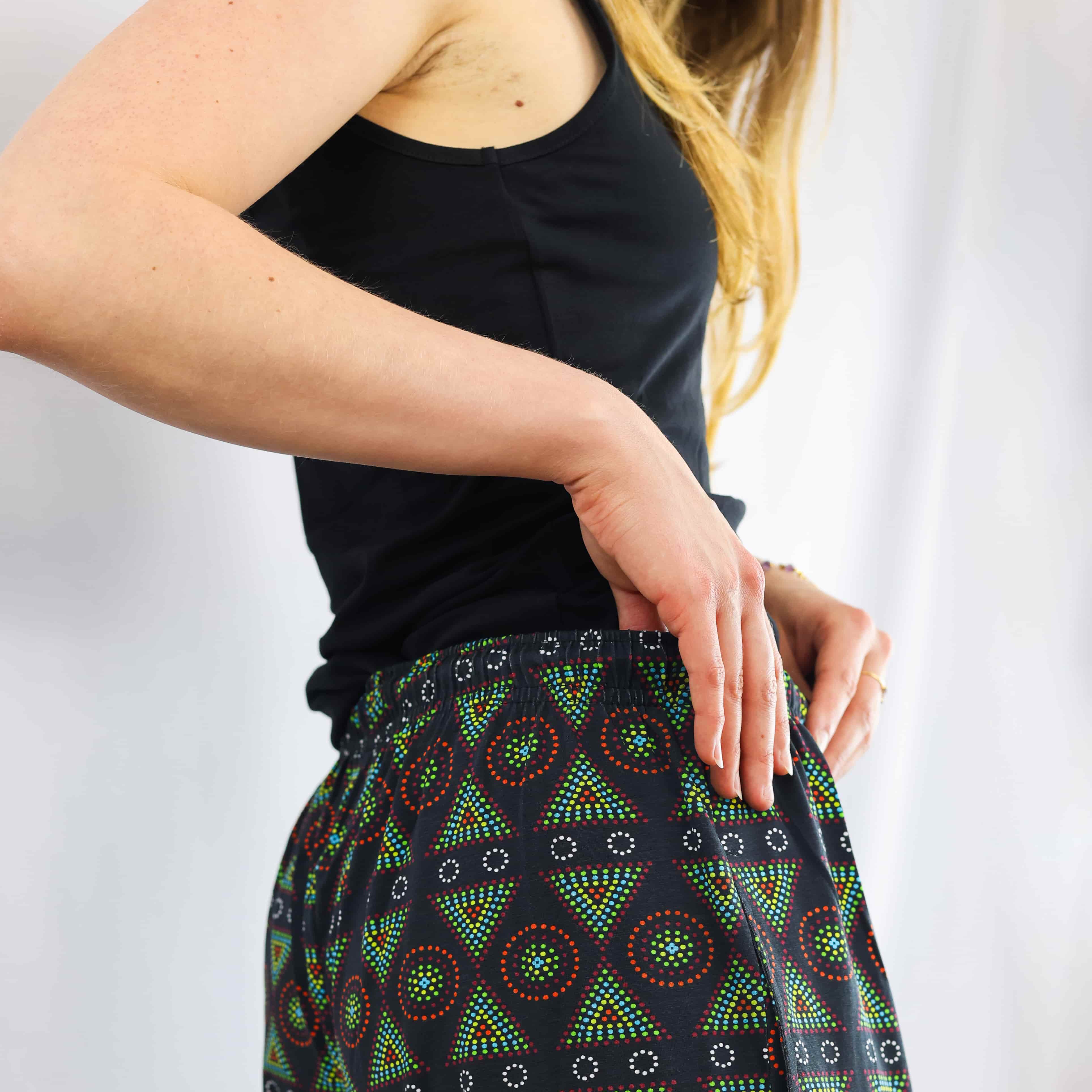
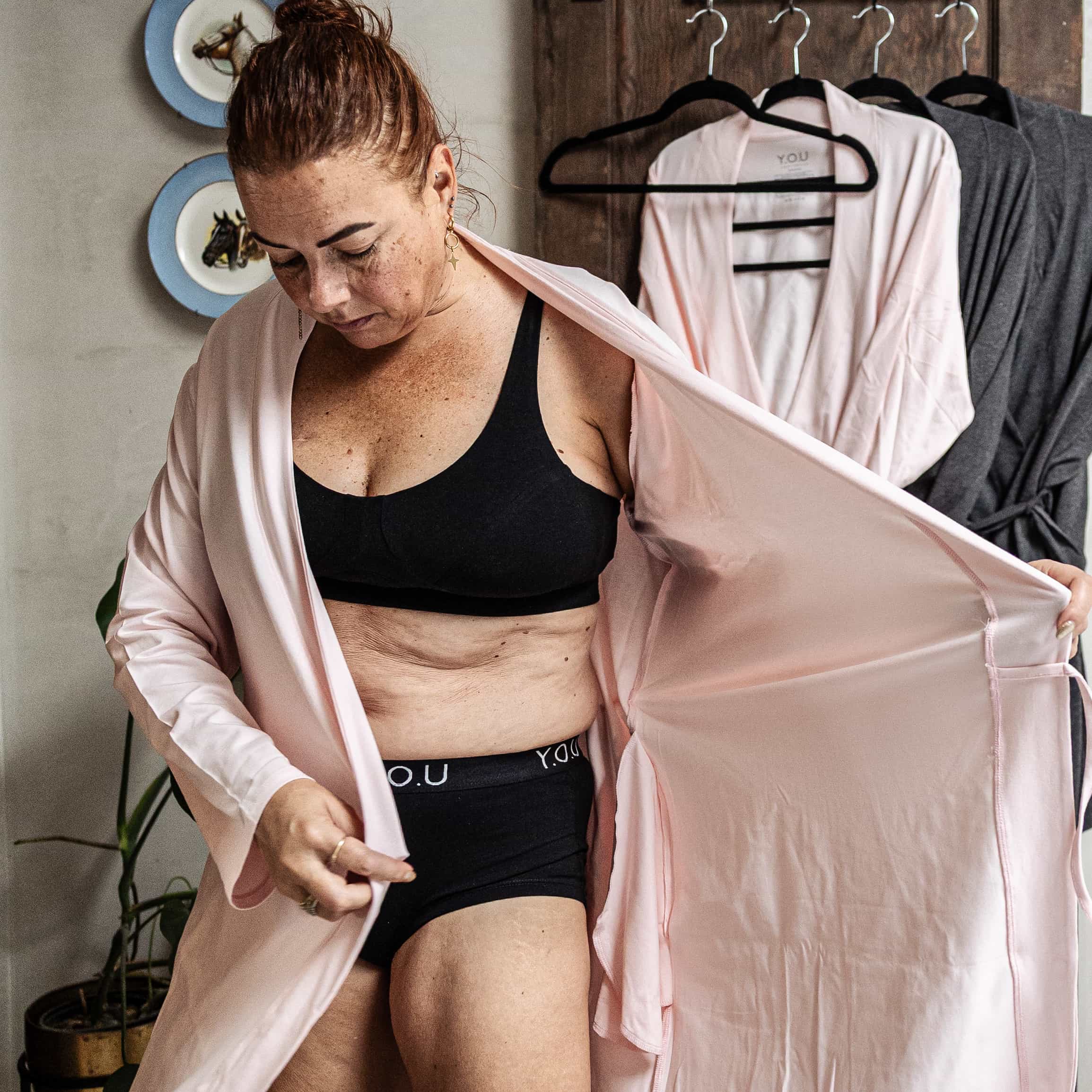
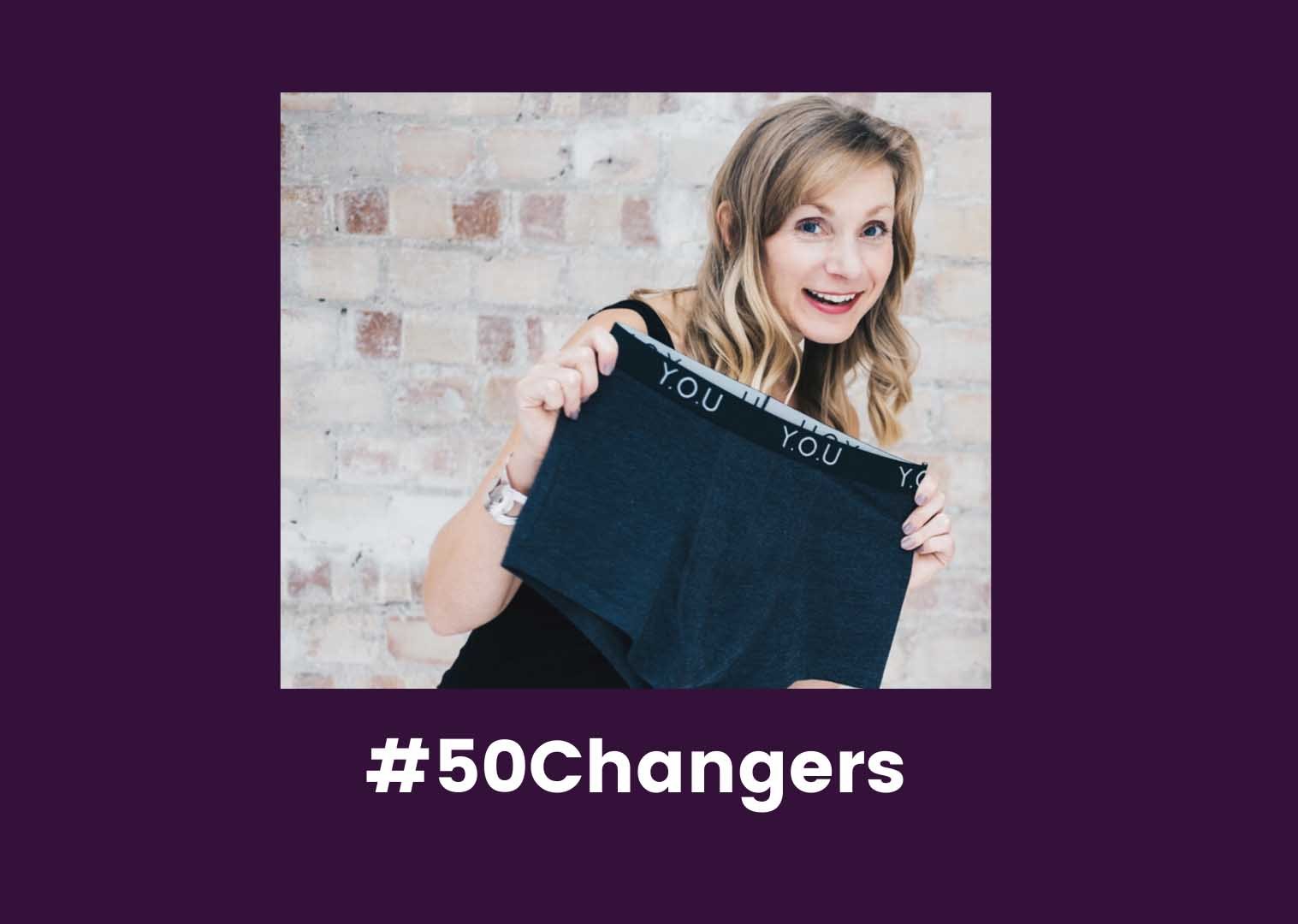
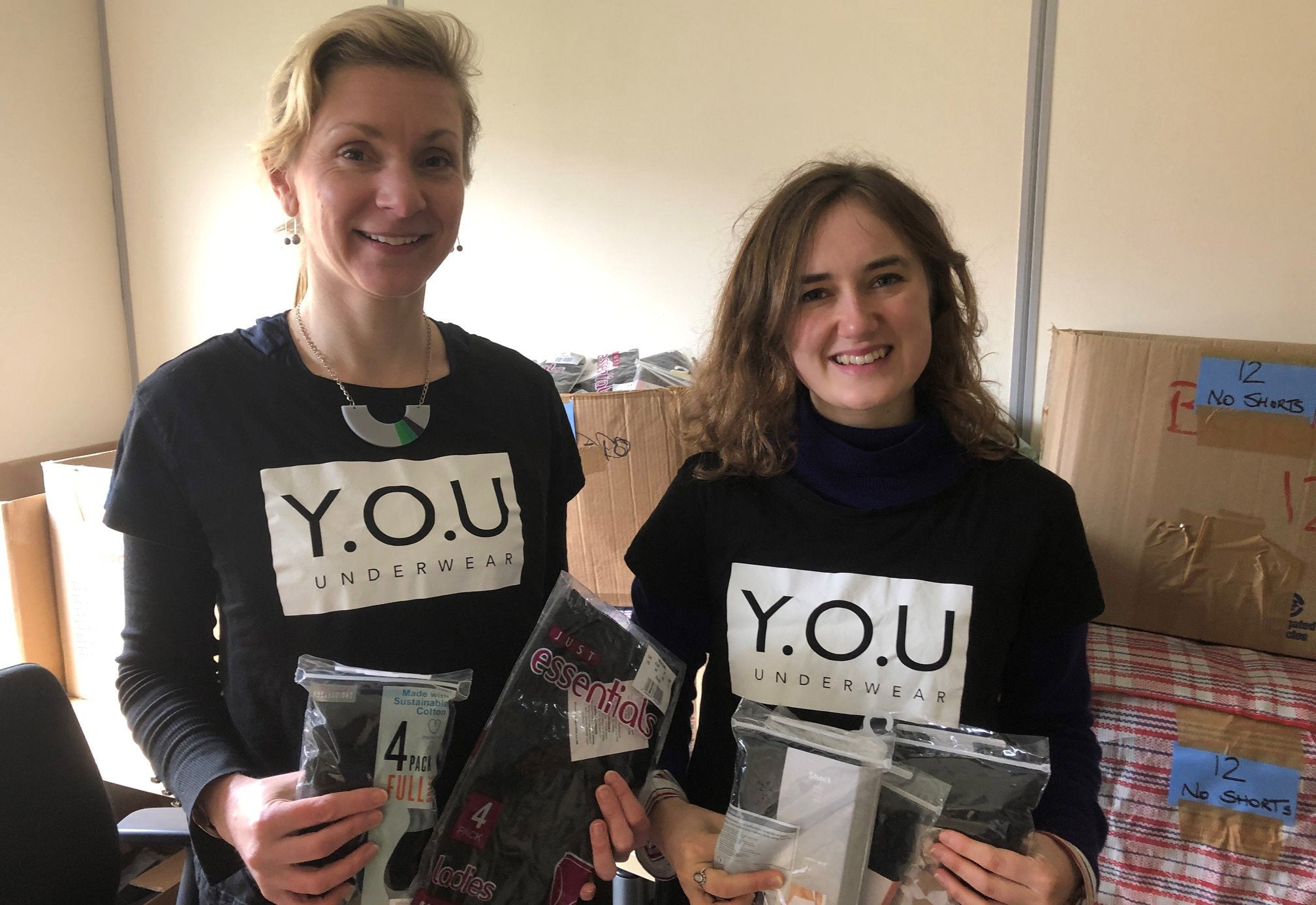
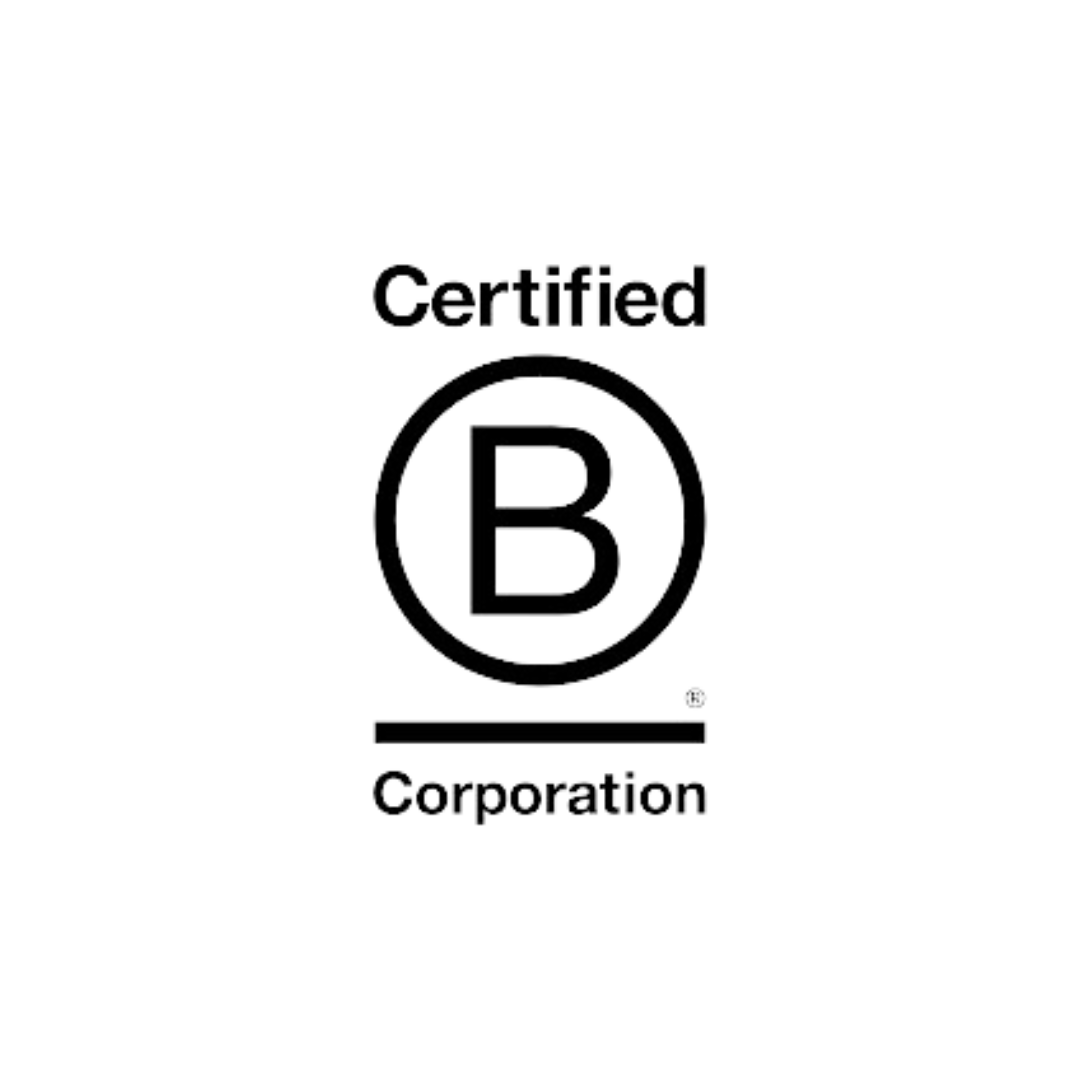
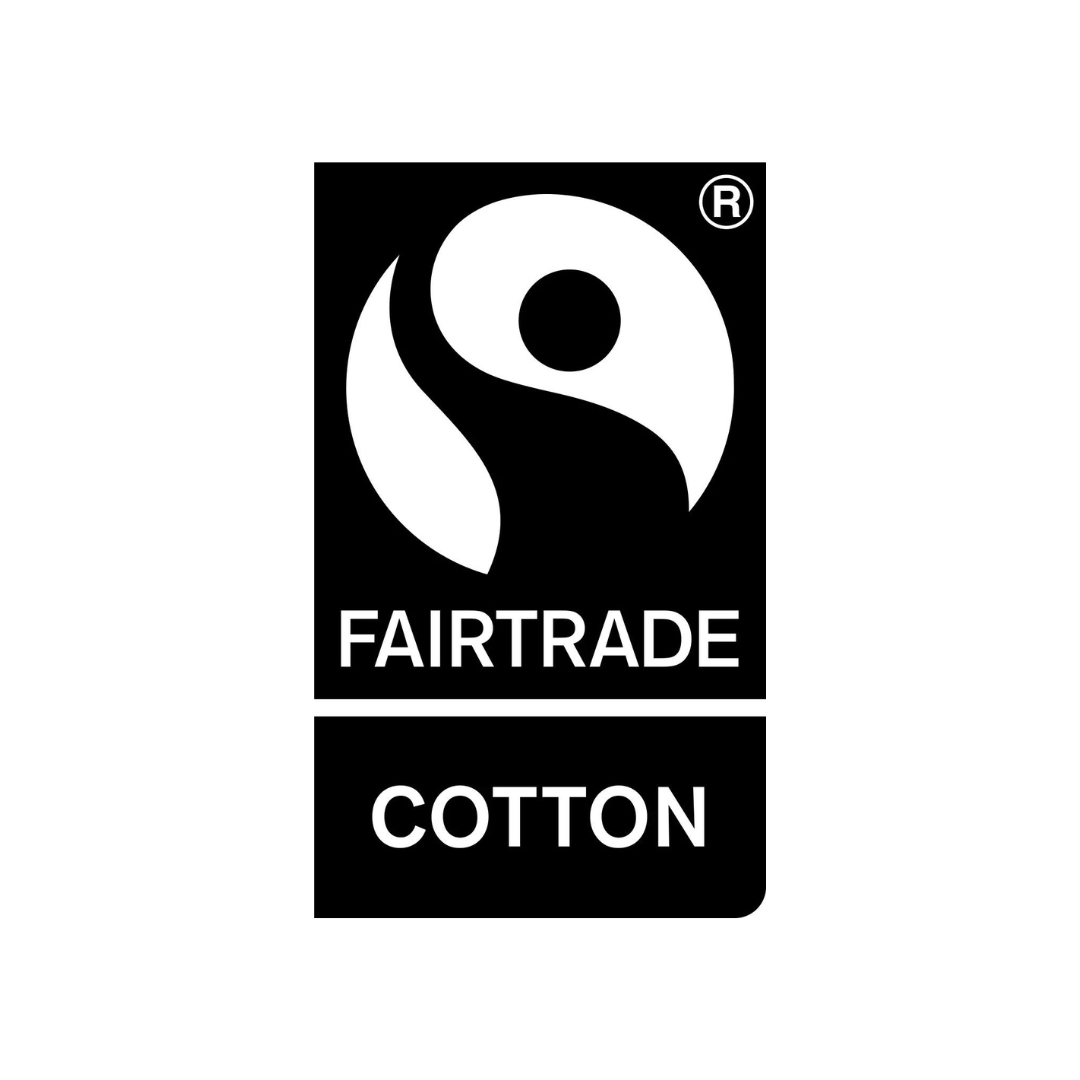
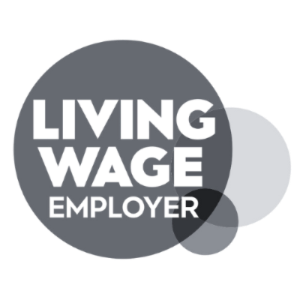


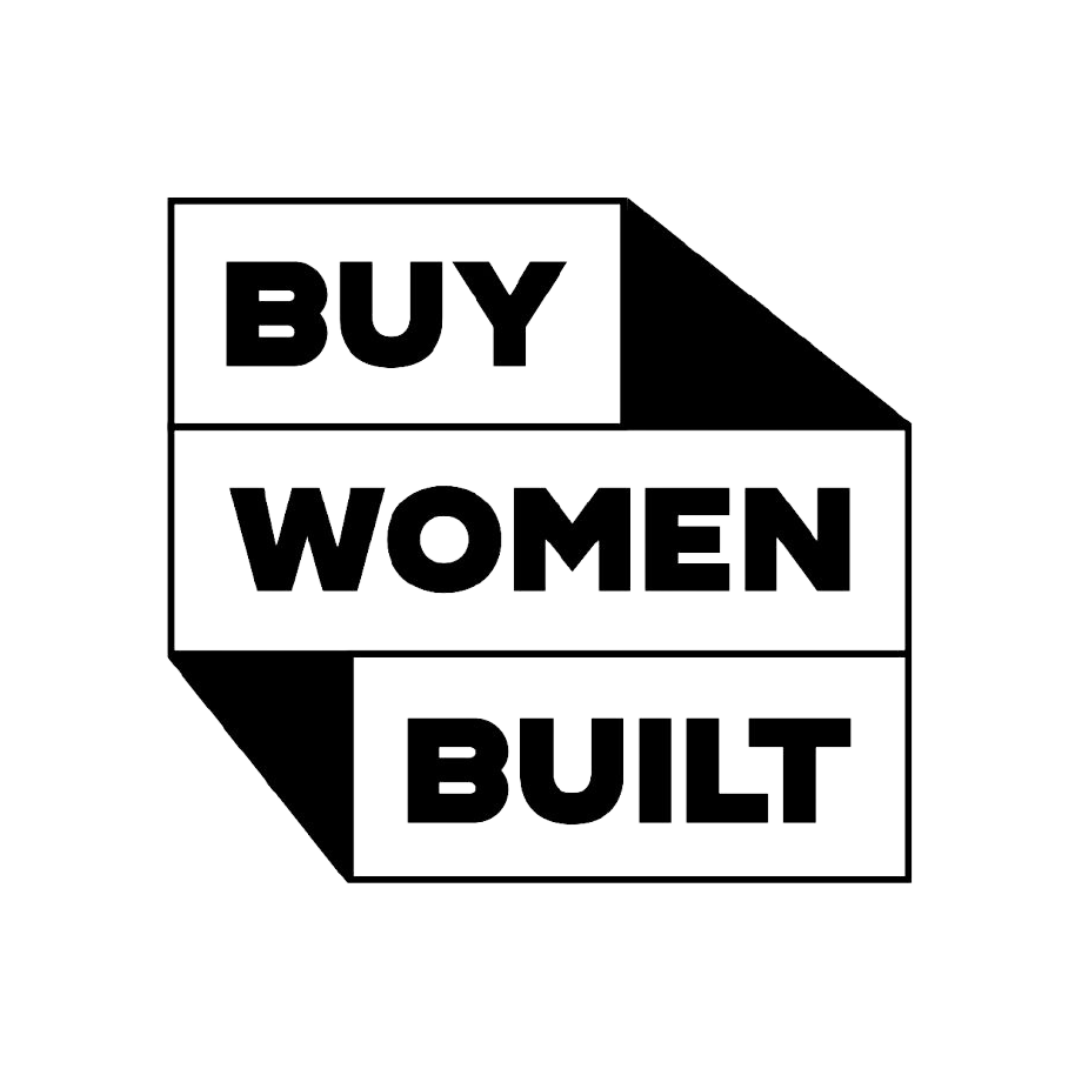
Leave a comment
This site is protected by hCaptcha and the hCaptcha Privacy Policy and Terms of Service apply.